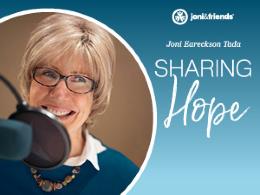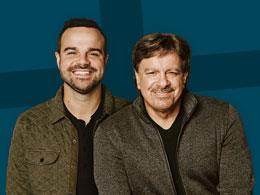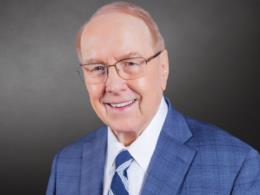This ministry is no longer available.
We're sorry that the ministry you were looking for is no longer available on Oneplace.com. However, below are some great ministries that offer related content. Enjoy the inspiration, encouragement, and Biblical challenge from these Oneplace.com ministry partners!

Joni Eareckson Tada: Sharing Hope
Joni Eareckson Tada

Bible Answers Live
Doug Batchelor

Discovering The Jewish Jesus
Rabbi K.A. Schneider

Destined for Victory
Paul Sheppard

Life, Love, Faith and Family
Dr. Tim Clinton and Dr. Zach Clinton

Family Talk
Dr. James Dobson

FamilyLife Today®
Dave and Ann Wilson

Truth For Life
Alistair Begg

